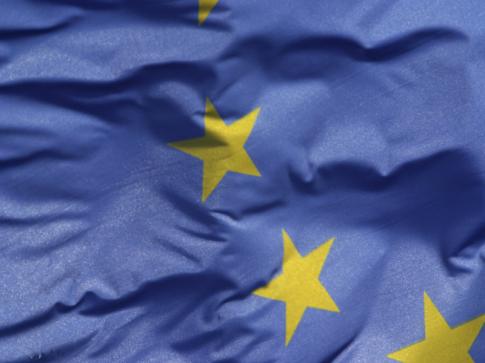Who trades with the EU under WTO rules?

“Most of the world trades with the EU on WTO terms. Do Israel, Singapore, India, Hong Kong and the U.S... "
Claim
Most of the world trades with the EU on WTO terms.
Conclusion
Correct. Of 135 non-EU members of the World Trade Organisation, 58 currently trade with the EU under negotiated trade terms. The rest (77) trade under WTO terms.
Claim 1 of 2
“Most of the world trades with the EU on WTO terms. Do Israel, Singapore, India, Hong Kong and the U.S. really look like they are suffering as a result?”
James Delingpole, 3 January 2019
It’s correct that most World Trade Organisation (WTO) member countries trade with the EU on WTO terms. “WTO terms” means a non-EU country doesn’t have a trade agreement with the EU, so trades under ‘default’ rules laid down by the WTO.
But it’s not correct to say that Israel is in this group. Israel has a free trade agreement with the EU. Also, Singapore has negotiated an agreement which now has to be agreed by the European Council and European Parliament.
Currently there are 135 non-EU member countries of the WTO and 23 non-EU observer countries of the WTO. Of those countries 58 members and 6 observers have an active trade agreement with the EU.
In addition Syria’s trade agreement with the EU is suspended, and trade agreements with Japan and Singapore are ratified or close to being ratified but have not yet taken effect. The EU is also negotiating free trade agreements with various other countries.
The EU also has “preferential trade agreements” with various developing countries. This is where one country or body like the EU grants preferential tariffs on imports from developing countries. As these arrangements are unilateral (they’re one way and so don’t require a two-way trade deal), we’ve not included these countries in our calculations.
Comparing the trade arrangements of the UK and other countries doesn’t tell us much
There's a more fundamental problem with comparing how the UK could trade with the EU post-Brexit with how other countries currently trade with the EU.
That’s because the EU is not a local market for the countries mentioned in the claim.
A more appropriate comparison would be to look at what trading arrangements different countries have with their neighbours.
For example, while the USA doesn’t have a trade agreement with the EU, it does have trade arrangements with nearby Canada and Central America.
Similarly Singapore has a trade arrangement with most of its Asian neighbours as well as countries in the Americas and the Middle East.
So while you could argue that these countries are not “suffering” despite trading with the EU under WTO terms, these countries also avoid WTO terms when trading with many other countries.
Update 9 January 2019
We contacted Breitbart, who have since removed the reference to Israel.
Correction 10 January 2019
Originally we said Kenya did not have a free trade agreement with the EU. The EU subsequently told us that while the Kenya-EU agreement has not come into force formally, it has started to be provisionally applied. Therefore we have adjusted our figures to reflect the fact that Kenya trades with the EU under a trade agreement, and not just WTO terms. /fullfact.org /By Abbas Panjwani




 del.icio.us
del.icio.us Digg
Digg

Post your comment